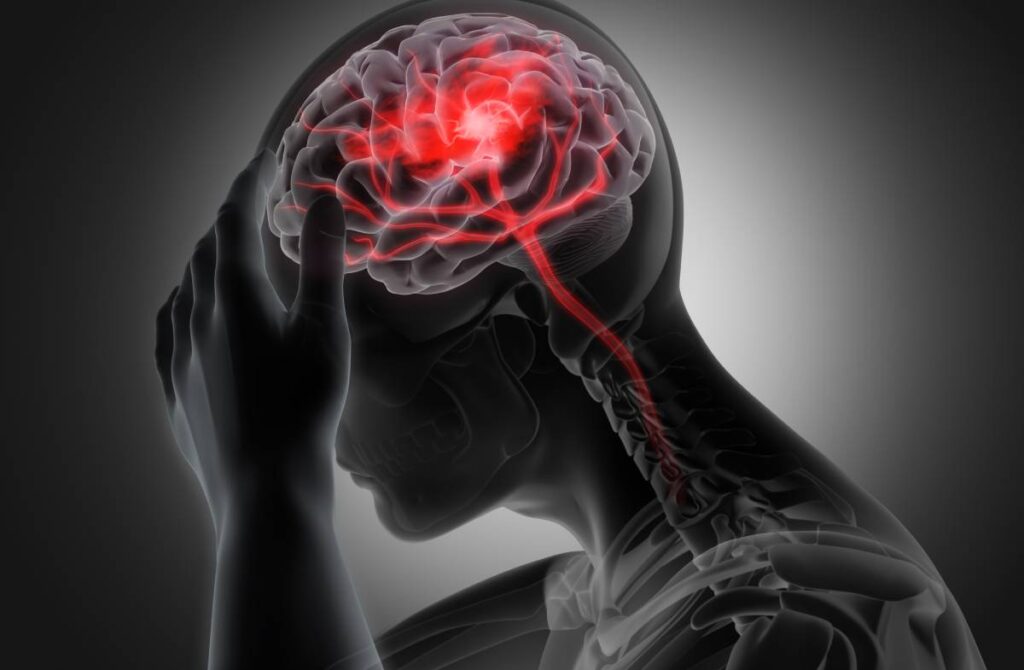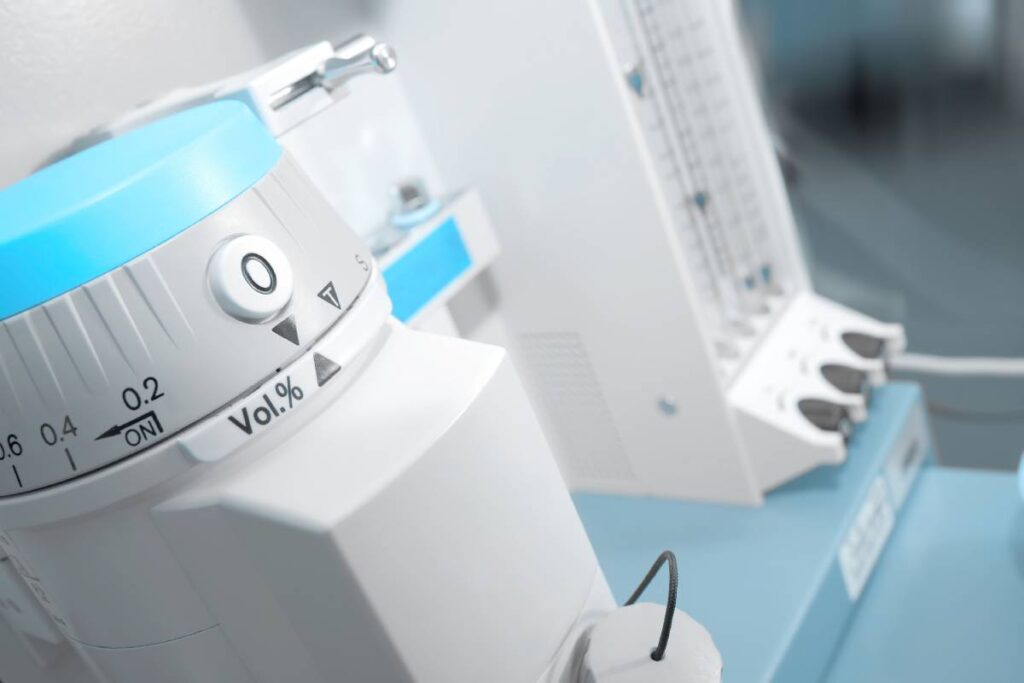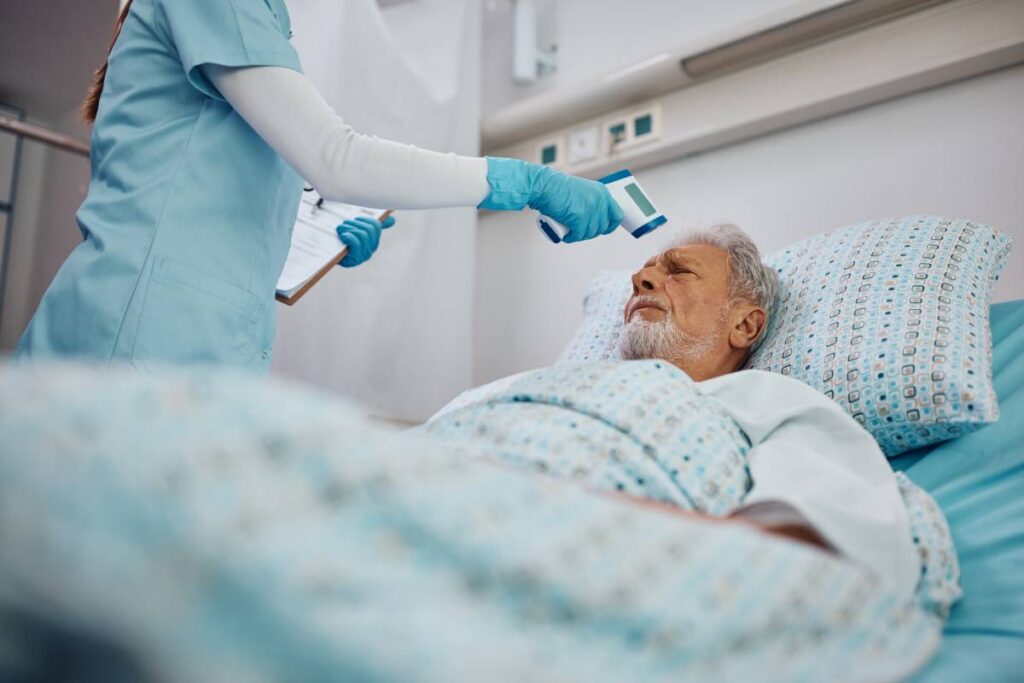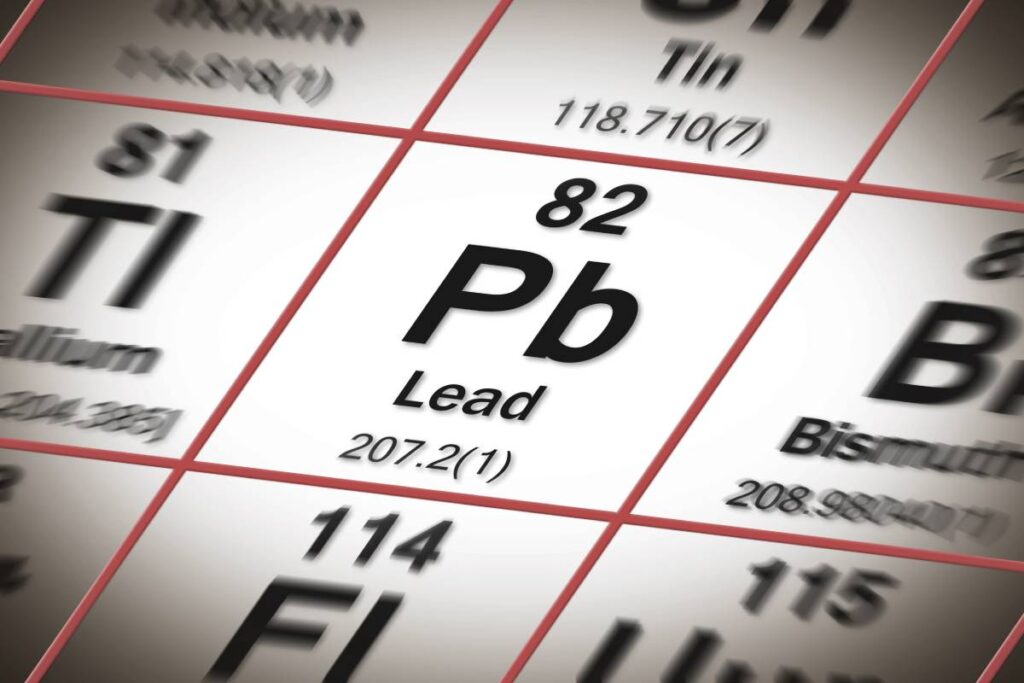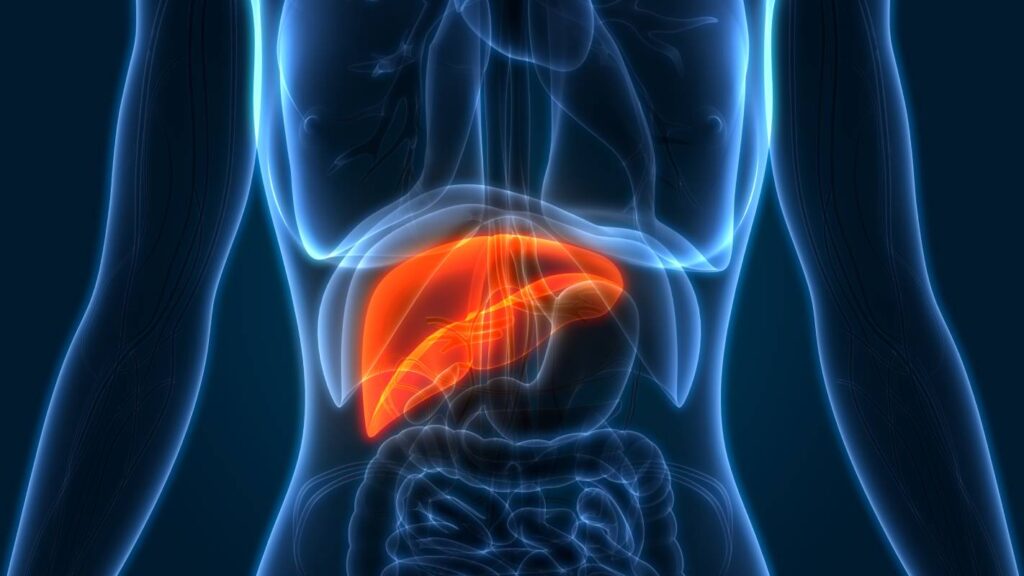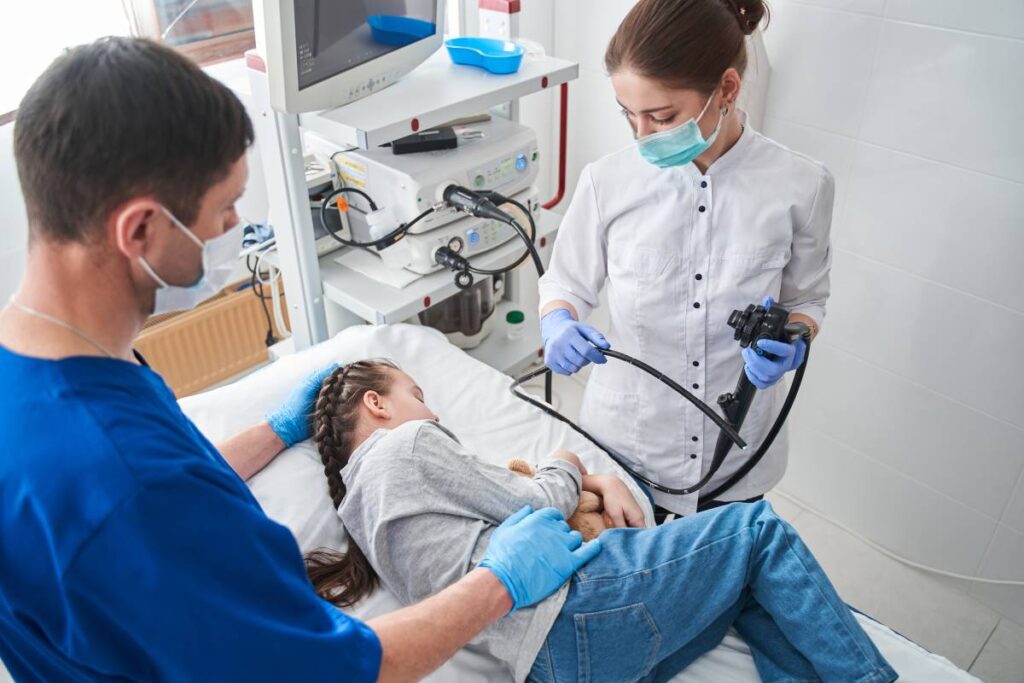To achieve a state of sedation or unconsciousness for surgery, patients receive anesthetic drugs, either alone or in combination, that affect the brain and nervous system. Studies indicate that disrupting the normal functioning of these targets can lead to undesirable side effects. Anesthesia is associated with several cognitive risks, ranging from short-term confusion to longer-term memory
Cognitive Risks with Anesthesia
